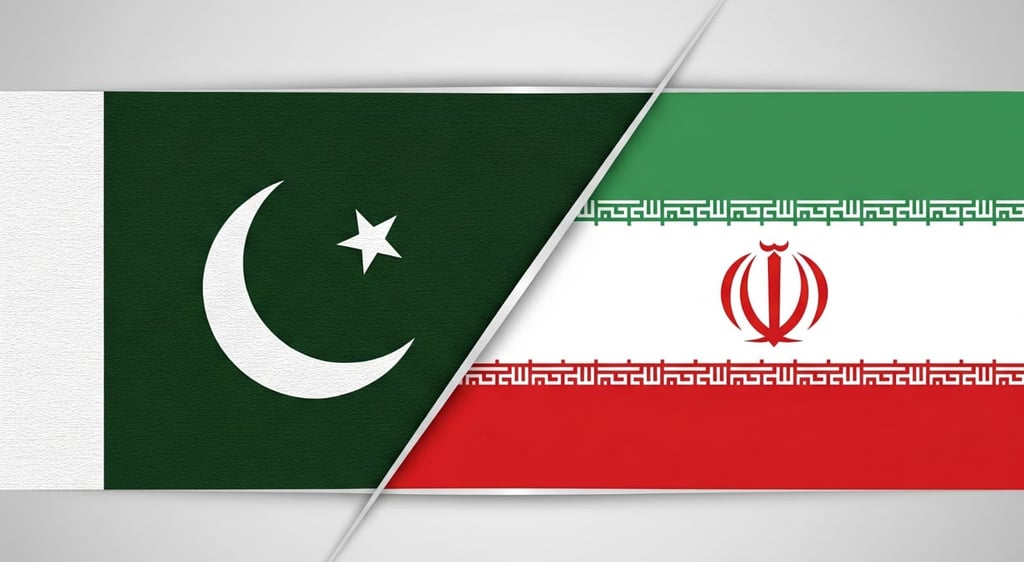Pakistan and Iran Finalize $8 Billion Trade Agreement – Full Details August 3, 2025
Iran and Pakistan agree to triple trade volume to $8 billion. Key deals signed during President Pezeshkian's visit. Full details on energy, trade, and cooperation.
Raja Awais Ali
8/3/20252 min read


Pakistan and Iran Sign Historic $8 Billion Annual Trade Agreement – August 3, 2025
On August 3, 2025, Pakistan and Iran reached a historic agreement to increase bilateral trade from the current $2.8 billion to $8 billion annually. This significant development was announced during the official visit of Iranian President Dr. Masoud Pezeshkian to Islamabad, where he held detailed meetings with senior Pakistani officials, including Federal Commerce Minister Jam Kamal Khan. The goal of the agreement is to enhance economic cooperation, expand cross-border trade, and strengthen partnerships in key sectors such as energy, food, pharmaceuticals, technology, and infrastructure.
Under the new trade roadmap, both countries agreed to establish a long-term economic framework focusing on agriculture, livestock, pharmaceuticals, petroleum, IT, minerals, and logistics. They also pledged to simplify trade procedures, activate joint border markets, and improve customs cooperation. Key border points such as Taftan, Gabd-Rimdan, and Mand-Pishin will be used to facilitate the movement of goods and reduce transportation costs. A Preferential Trade Agreement (PTA) is also under discussion to lower tariffs and boost the exchange of essential goods like rice, meat, oil, and medicines.
This development comes at a time when both nations are seeking economic self-reliance and greater cooperation with regional partners. For Iran, increasing trade with Pakistan offers access to South Asian markets and helps bypass Western economic restrictions. For Pakistan, this agreement enhances regional connectivity, particularly within the framework of the China-Pakistan Economic Corridor (CPEC) and the Economic Cooperation Organization (ECO).
Iranian President Dr. Pezeshkian referred to Pakistan as a "strategic partner" and emphasized mutual growth through shared economic goals. Commerce Minister Jam Kamal Khan called the agreement a “historic milestone,” noting that it will generate jobs, attract investment, and improve the availability of affordable goods for border communities.
Economists and analysts view this trade expansion as a positive step toward regional stability and economic diplomacy. It also indicates a shift in Pakistan's foreign trade policy—moving toward diversified partnerships instead of relying on limited global players. The agreement includes mechanisms for regular monitoring through a joint economic commission and business-to-business engagements to ensure smooth implementation.
If effectively carried out, the $8 billion target is achievable in the coming years. The key now lies in timely execution, transparent policies, and building strong trust between public and private sectors of both countries.